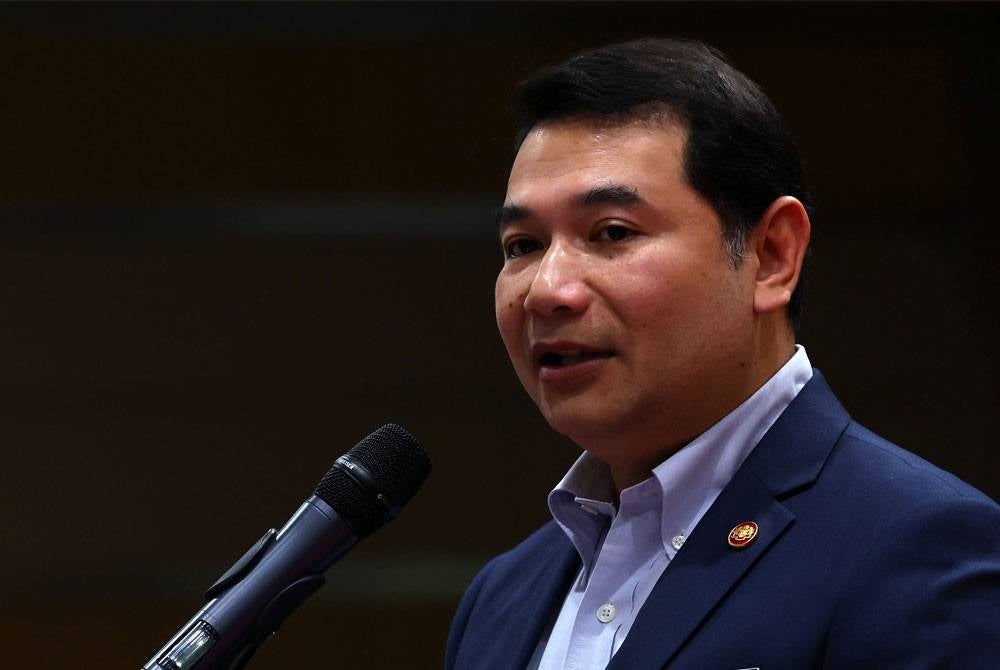Government to hold first National Energy Council meeting by October 2023

KUALA LUMPUR - The government plans to hold the first meeting of the National Energy Council as early as October this year, said Economy Minister Rafizi Ramli.
He said the National Energy Council, chaired by Prime Minister Datuk Seri Anwar Ibrahim and the Ministry of Economy as the secretariat, would set forth high-level strategic directions and policies, allowing for the working committees to coordinate and report the progress in turn.
"The establishment of the National Energy Council is the strongest signal yet of the government’s intention of moving beyond blueprints and into the nitty-gritty of implementation,” he said in his keynote address at the second day of the Energy Transition Conference here, today.
Rafizi said, in order to realise the economic gains for the country, there are three critical structures that would become the bedrock of the National Energy Transition Roadmap (NETR) ambitions.
He said Malaysia needs a strong governance, substantial financing, and a credible and transparent exchange system.
The National Energy Transition Facility is not just another facility that houses government investments but would adopt an innovative blended financial instrument that combines the funding from public, private, and philanthropic channels, he said.
"The government does this by co-investing in key projects as concessional capital or through development financial institutions, or to actively develop bankable project pipelines through technical assistance.
"Our goal is to unlock local and international green funds that have reached record highs in the past year, and are predicted to continue enjoying investor confidence if we pursue them effectively,” he said.
Meanwhile, Rafizi said Malaysia would never be able to fully unlock the true potential of renewable energy (RE) without establishing a physical energy exchange in the country.
He said, at the basic level, an exchange is necessary for the country to command the price premiums of RE that comes from cross-border trading.
"As the exchange matures, market-creating products could be created to further unlock the value of different markets that yield healthy returns to its participants.”
Rafizi also noted that the exchange could also facilitate the closer interconnectedness of Southeast Asia, which mutually benefits the region as a single economic bloc.
"To make this exchange fair and transparent, a single market aggregator will need to be established so that the exchange is trusted by not only local buyers and sellers, but also internationally,” he said.
On top of that, the government is introducing the Responsible Transition 2050, a low-carbon pathway for the energy sector from now till 2050, more ambitious than the Low-Carbon Nation Aspiration 2040 set forth previously.
Rafizi said it would also unlock the economic value brought by the initiatives and enablers, whereby the government expects a 10-15 per cent uplift in gross domestic product value from market-creating products that are high-growth and high-value (HGHV).
"For businesses, infrastructure and technology would become the impetus for investments to flow through. Cleaner energy mix and energy efficiency would also future-proof our industries so that we are prepared for a world where money responds to the greenest products.
"Meanwhile, for the people, 350,000 jobs would be created in the HGHV sectors across the country. Importantly, 70 per cent of income gains will flow to low- and medium-income households,” he said. - BERNAMA









